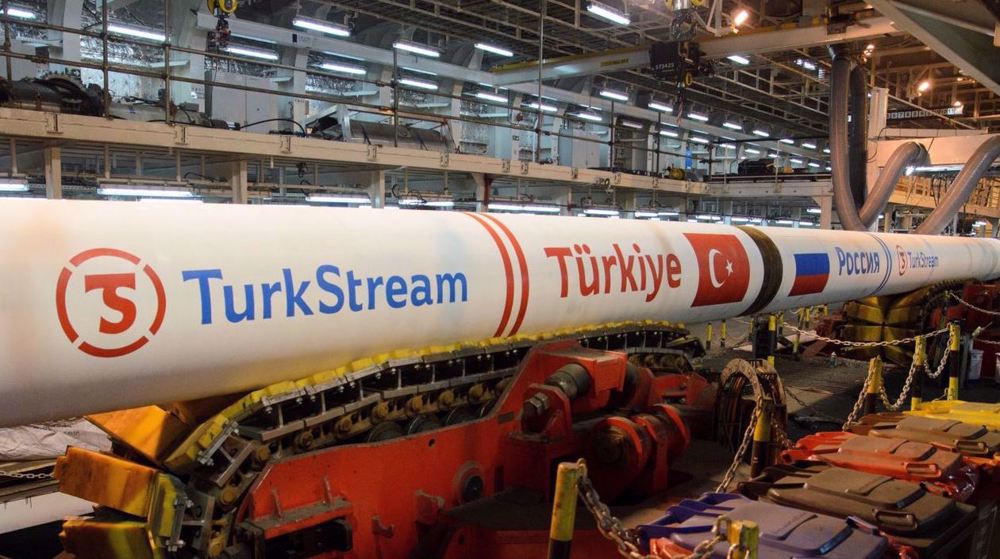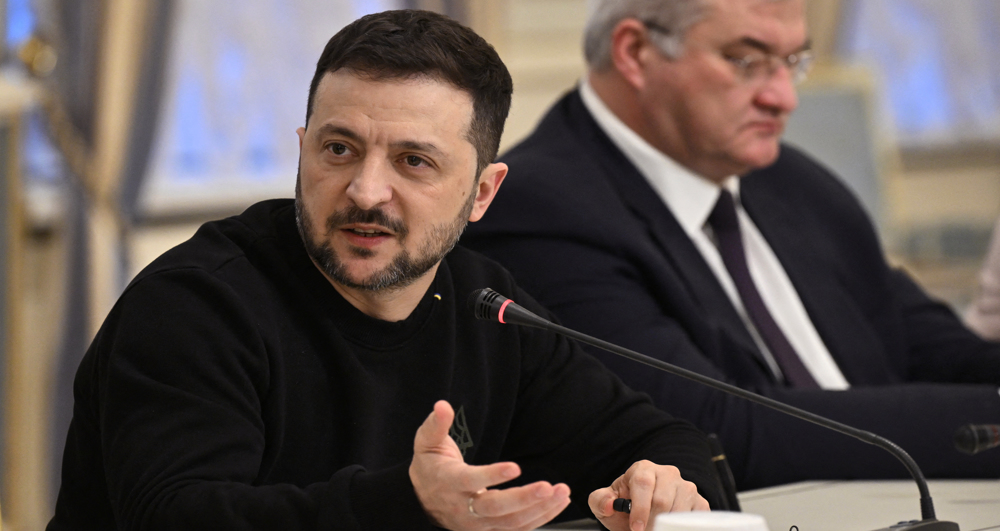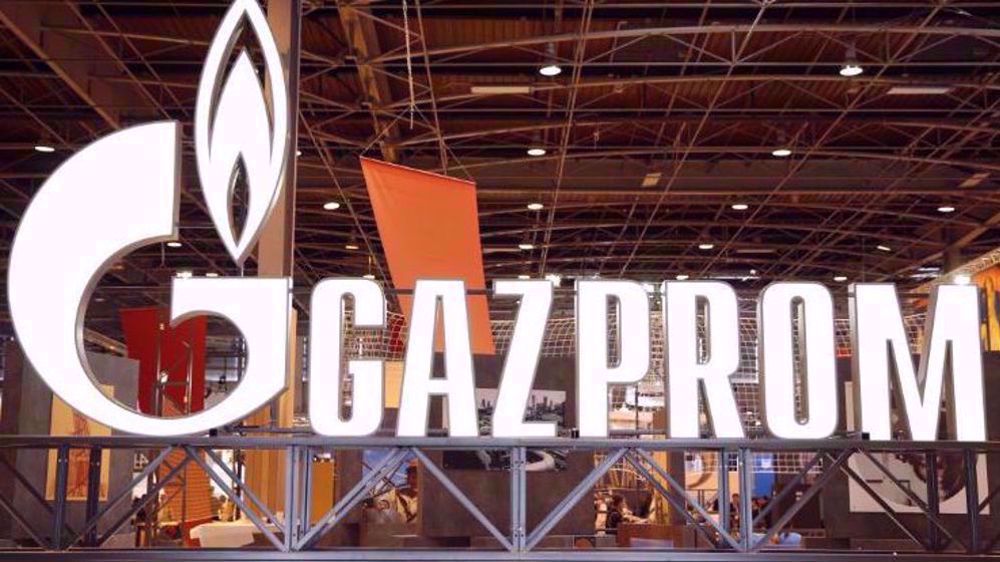Russia submits revised claim to UN for extending Arctic territory
Russia has submitted a revised claim to the United Nations (UN) to extend its share of the Arctic Ocean seabed, more than a decade after the rejection of its first bid.
“Russia has presented its application to extend its territory on the Arctic continental shelf and it was registered. The work we have done to gather material is extensive,” said Russian Minister for Natural Resources and the Environment Sergey Donskoy on Thursday.
Russia had previously submitted its claim to the arctic territory to the UN in 2001; however, it was turned down due to reported insufficient scientific evidence.
Moscow is now confident that it has provided enough data to back up its claims.
“From 2002 to 2014, nine geological and geophysical expeditions took place in the central part of the Arctic Basin, using atomic-powered icebreakers, as well as research submarines,” Donskoy said.
“The new application presents the same area, but with some modifications—in connection with the new substantiating materials that confirmed that Russia’s position was right.”
He said the UN could start reviewing the documentation provided by Russia later this month, adding that it could be between two and four years before a decision is made.

The Russian continental shelf, or simply the Arctic Shelf, consists of three separate, smaller shelves: the Barents Shelf, Chukchi Sea Shelf and Siberian Shelf. Of these three shelves, the Siberian Shelf is the largest continental shelf in the world.
Under international law, a country has exclusive economic rights over its continental shelf within a 200-nautical-mile (370-km) radius from its coast.
This is while Moscow’s revised bid covers an area of about 1.2 million square kilometers and goes beyond 350 nautical miles from the shore.
If the UN accepts the claim, it will allow Russia to start oil drilling or other natural resource extraction activities in the expanded area.
Currently, no country owns the North Pole or the Arctic circle surrounding it.
The five countries circling the Arctic are Russia, Canada, Norway, Denmark and the United States, who all seek a greater portion of the rich mineral, oil and gas resources in the region.
Israel has slaughtered 13000 students in Gaza, West Bank
VIDEO | More Zionist than Zionists: Biden’s legacy to be defined by Gaza genocide
Hamas confirms handing approval of Gaza ceasefire deal to mediators
VIDEO | Iran: Show of strength
UNRWA will ‘stay, deliver’ aid to Palestinians despite Israel’s ban: Lazzarini
Explainer: What makes Iran's Rezvan and Raad loitering munitions prized assets?
VIDEO | Unseen agony: Missing loved ones of genocide in Gaza
Iran cuts gold import tariff to zero














 This makes it easy to access the Press TV website
This makes it easy to access the Press TV website